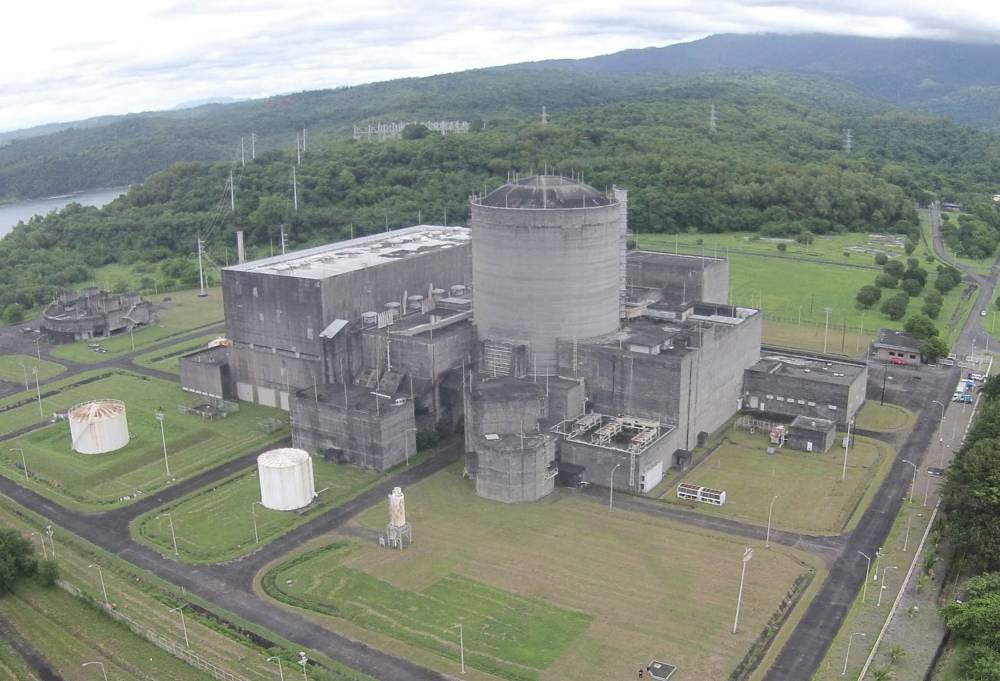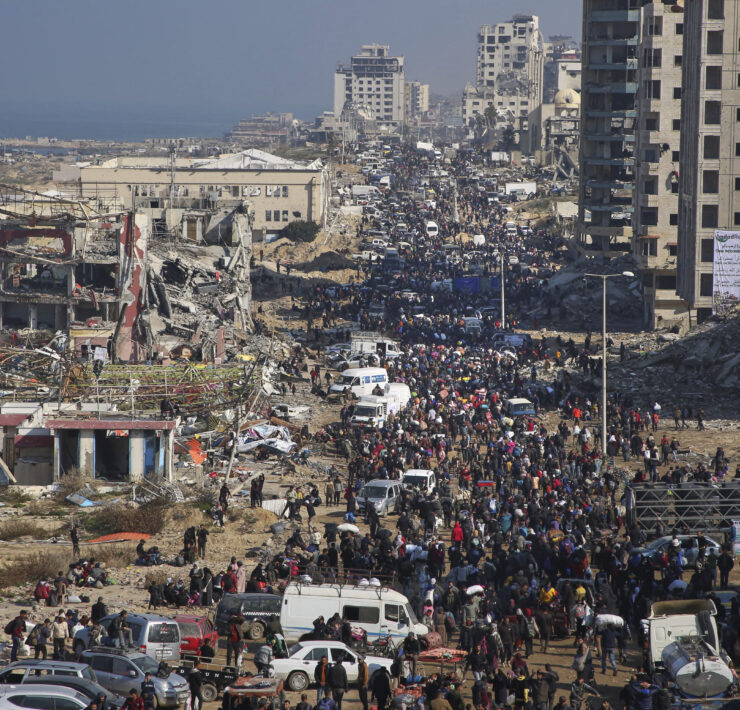Nuclear energy is not an option: A message of concern for the Philippines

I grew up on the balmy shores of Binmaley, Pangasinan, nourished by the seafood grown in ponds our ancestors created, and nurtured by the caring people of the town. And although I have since moved to Vienna, the capital of classical music, a grand city steeped in culture and history, half of my heart still belongs to the town of my birth.
Recently, as I scrolled through social media, I found out that my home district in Pangasinan is honored to have Rep. Mark Cojuangco representing it. What’s the scion of an illustrious, well-heeled family doing in our district, in the middle of nowhere; representing fishermen, fish farmers, and agricultural workers? Well, as long as he represents the district with a noble heart, then well and good.
So, I checked out what the good congressman was up to in terms of projects and was left aghast with what I read. An avid proponent, of nuclear energy, he and his colleagues have managed to pass House Bill 9876, or the Nuclear Liability Act on its third reading at the House of Representatives. I read this bill, and it is in accordance with the Vienna Convention on Civil Liability for Nuclear Damage. It basically covers the exclusive liability of the operator on the power plant installation, an absolute or strict liability so that any injured party is not required to prove fault, among others.

The “Polluter’s Pay Principe” enshrined in environmental law is given much importance in Europe. However, the risk of a powerplant, although it lies with the operator, cannot in essence be insured as the costs are too high. So, the state and public money will have to stand in. This is what Europe experienced during the Chernobyl accident. Not one insurance company reimbursed Europe after the accident and swathes of now war-ravaged Ukraine is still uninhabitable.
According to the United Nations 2018 World Risk Report, the Philippines is number three in terms of geophysical and climate risk. Housing not only the plant and its corresponding waste material are an existing hazard that contradicts the “Precautionary Principle” of the Rio Declaration. This principle expounds how a state has the responsibility to prevent serious damage to the environment and apply precaution, considering the uncertainty that appears from scientific evaluation. Not to mention, that like Japan, the Philippines lies on the rim of tectonic plates making it prone to more earthquakes. However, in contrast to the Philippines, Japan has an advanced disaster risk reduction management (DRRM) and resilience capability. Hence, operating a nuclear power plant in the Philippines risks an even more devastating event than Fukushima.
Liability for nuclear waste
But the elephant in the room that needs to be addressed in House Bill 9876 is who possesses the liability for nuclear waste and its safe holding and disposal.
I read House Bill 9293, or the Philippine National Nuclear Energy Safety Act, which was also sponsored by the good congressman and his colleagues. Article 9, Section 41(b) provides for the identification of the DENR and other related agencies of a two-hundred-hectare site where low and intermediate-level nuclear waste will be managed. Spent nuclear fuel will be stored in a dry cask after it cools for five years provided by Section 41(e). In Section 42 (j) it is explicitly provided that “The operator of a nuclear facility shall be solely responsible for the funding of radioactive waste and spent fuel management and disposal; and (k) The application of other existing environmental laws. “
This brings me to another point: no logical, profit-oriented business would undertake this liability because it would not result in any profit at all. Assuming liability for disposing and holding of nuclear waste is always taken by the state. The reason is that it requires an enormous amount of money that no nuclear power plant operator would want to assume, otherwise they would go bankrupt.
Germany closed its last nuclear power plants in April 2023. In Germany, the legal framework for the management of nuclear waste is formed by the German Constitution, the German Atomic Agency, the Radiation Protection Law, and the Site Selection Act. It is serious business. The plant operators are responsible for decommissioning waste, but it is the regional governments that provide areas of nuclear waste storage. The public sector shoulders most of the costs of waste management. Mostly, the federal government shoulders 90 percent of the costs, while the regional governments shoulder 10 percent. This was culled from the German Program for the Responsible and Safe Management of Spent Fuel and Radioactive Waste.
While Germany closed and decommissioned its nuclear power plants, Sweden still operates theirs. I read the Swedish National Program on Nuclear Waste. I found out that the Swedish state has the ultimate responsibility for nuclear waste and ultimate liability for operations.
Proponents of nuclear energy say that nuclear energy is inexpensive. That’s when you don’t account for long-term waste management. The financial profits of nuclear power plants go to the owner and operator. While the extremely high costs of waste management and surveillance of nuclear waste for hundreds of thousands of years are eventually assumed by the government; unless the government cuts costs, does the job haphazardly, and contamination ensues. And then the health of the people is greatly affected.
In Austria, where I have been residing for more than a decade, an identical plant to that of the Bataan Nuclear Power Plant was constructed in 1972. Six years later, a national referendum opposed it and the country never saw its operation. This opposition to nuclear energy has since been enshrined in the Austrian Constitution. The Zwentendorf Nuclear Power Plant now functions as a museum. Although Austria has no nuclear power plant in operation, it has a detailed disposal plan that extensively covers nuclear waste management used for research purposes. It is ironic that the International Atomic Energy Agency (IAEA), whose mandate includes encouraging nuclear energy, is headquartered in a country that unequivocally rejects this form of energy. The Austrians have a tradition of exemplary waste management; and the contamination of land, water, and air poses a great risk the people did not want to take.
Ann Marie Manhart is a Philippine-born Austrian writer who used to run a waste management consultancy firm in Vienna, Austria. She has a master’s degree in Environmental Technology and International Affairs from Vienna University of Technology and the Diplomatic Academy of Vienna. She obtained her MBA from the Ateneo Graduate School of Business in Manila.




















